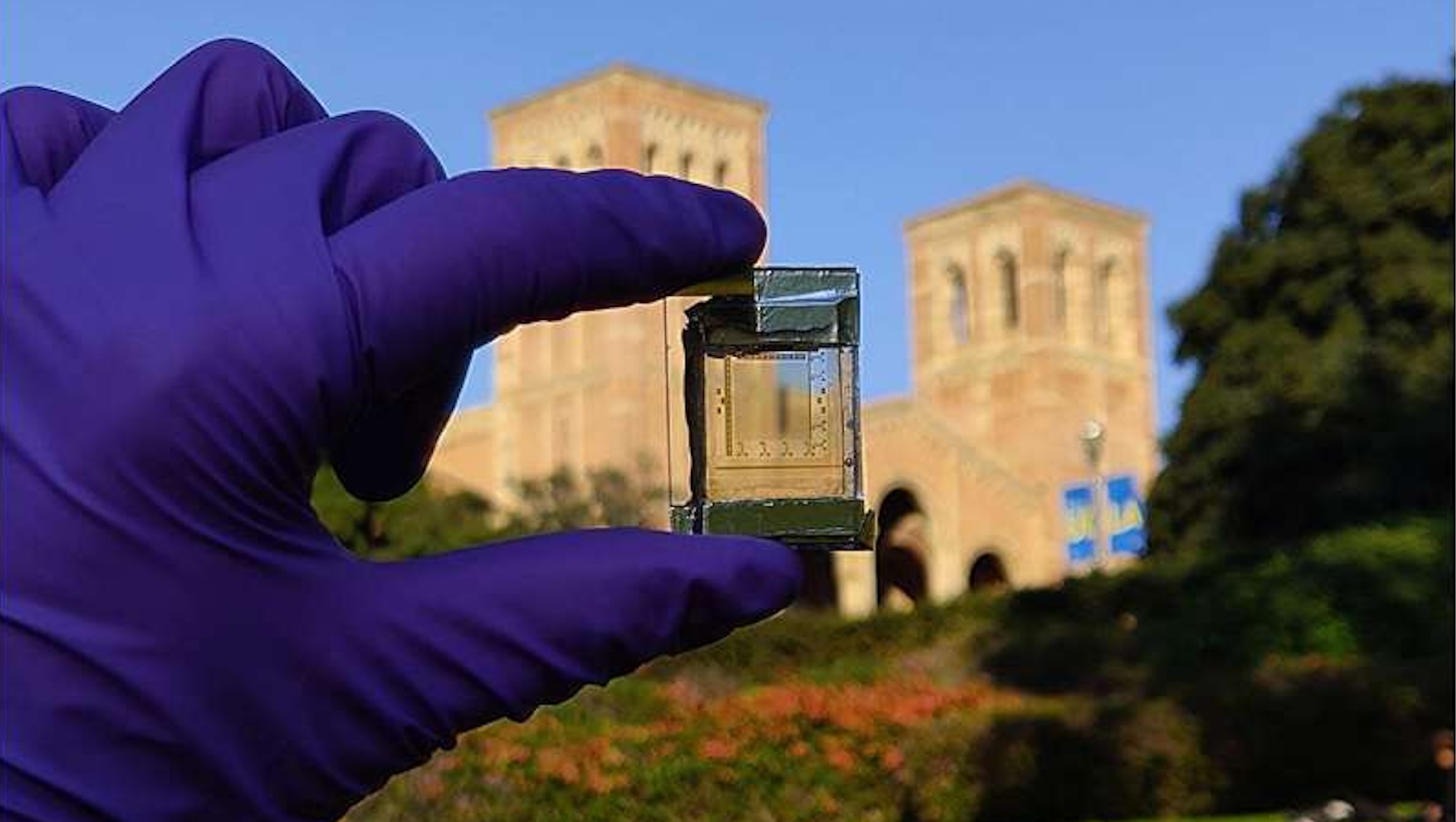Sustainability, Vol. 16, Pages 2130: Impacts of Using Solar Dryers on Socio-Economic Conditions of Dried Fish Processors in Cambodia
Sustainability doi: 10.3390/su16052130
Authors: Lyhour Hin Borarin Buntong Chan Makara Mean Chhengven Chhoem P. V. Vara Prasad
Fish is a vital source of proteins and nutrients and can be eaten in many forms, one of which is dried fish. In Cambodia, fish is mostly dried in traditional ways and can be subject to dust, flies, rain, and weather events, resulting in low-quality products. These issues can be addressed by using solar dryers. Thus, this study was aimed to (1) compare the socio-economic conditions between dried fish processors practicing traditional drying and those using solar dryers, (2) to identify potentials and challenges to dried fish production between the two groups, and (3) to determine the factors affecting income. The study was conducted between May and August 2023, using purposive sampling to select two groups of dried fish processors in three provinces along the river systems in Cambodia. The selection criteria included (1) engagement in year-round dried fish production, (2) at least 100 kg of raw fish dried per month, and (2) willingness to participate in the interviews. Then, 35 dried fish processors that practiced traditional drying and 9 processors that utilized solar dryers were selected. T-tests, chi-square tests, analysis of variance (ANOVA), Likert scale analysis, and multiple linear regression model were used to compare the socio-economic conditions, perceptions, and the factors affecting the income. The results show that the solar dryer group used more labor, produced more dried fish, and had a higher selling price when compared to the traditional drying group. They had more opportunities to attend training and trusted the solar dryer technology. Meanwhile, the traditional drying group preferred direct sun-drying, but dried fish quality was better when solar dryers were used. Experience, total costs, and the use of solar dryers affect the income. In conclusion, using solar dryers tends to produce dried fish of better quality and a higher income, which is good for both health and improved livelihoods of fish producers and sellers.

 1 month ago
19
1 month ago
19


